Recently, Kwarteng announced a £45bn tax-cutting package – the largest set of tax cuts in over 4 decades – which is planned to be financed using debt. This package includes a sharp reduction in taxes on dividends as well as the scrapping of the 45% top rate of income tax for high earners.
The why?
This plan has been set with the prospect of boosting growth by delivering the biggest tax reduction since the early 1970s, while at the same time acting as though to shield households from high energy prices. Furthermore, this move was made with the hopes that, now, the UK recession will be shallower and more short-lived, than what was previously feared.
However, this will also serve to place extra pressure on demand and inflation, which has sparked concerns in a time where inflation is trying to be kept under control. Thus, analysts predict that the BoE may have to hike interest rates to 5% until at least 2024, in order to accommodate for this additional government borrowing.
The effect.
Shortly after the announcement, a sharp market sell-off occurred, as investors lost confidence in the UK government – since they now anticipate it will have to pay substantially higher borrowing costs. Two-year gilts were hardest hit, with yields surging to 3.8% as well as long-term gilts suffered their worst day in over 20 years.
Government bonds in the U.K., India, and several other Commonwealth countries are known as gilts – equivalent to U.S. Treasury securities in their respective countries. Gilts are nominal bonds that promise to pay a fixed coupon payment, whereby
yield (general term that relates to the return on the capital you invest in a bond) =
fixed coupon payment/price of bond.
When a sell-off occurs, as depicted in this article, a large volume of securities, in this case gilts, are sold in a short period of time, causing the price of a security to fall in rapid succession. Therefore, if the coupon payment is fixed and the price of the bond has decreased, then the yield of the bond will increase to offset this bond price reduction and keep the coupon payment the same.
The combined effect of each of these factors toppled the sterling against the dollar to below 1.09$ on Friday. Then, the pound crashed to an all-time low, today, against the dollar overnight in Asian trade, dropping over 4.5% to 1.035$.
Kwarteng has also tried to provide reassurance, whereby he vows that his growth plan would ensure a quick rebound from any shallow recession. It will be interesting to see the effectiveness of this plan against this looming recession.
Analyst: William Nakhoul







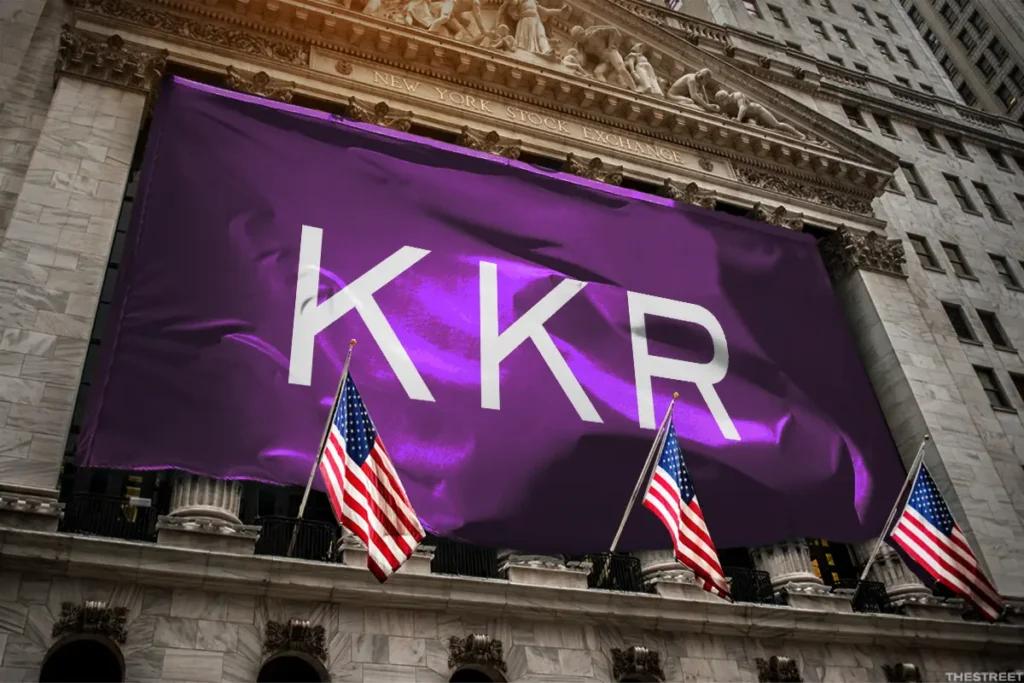


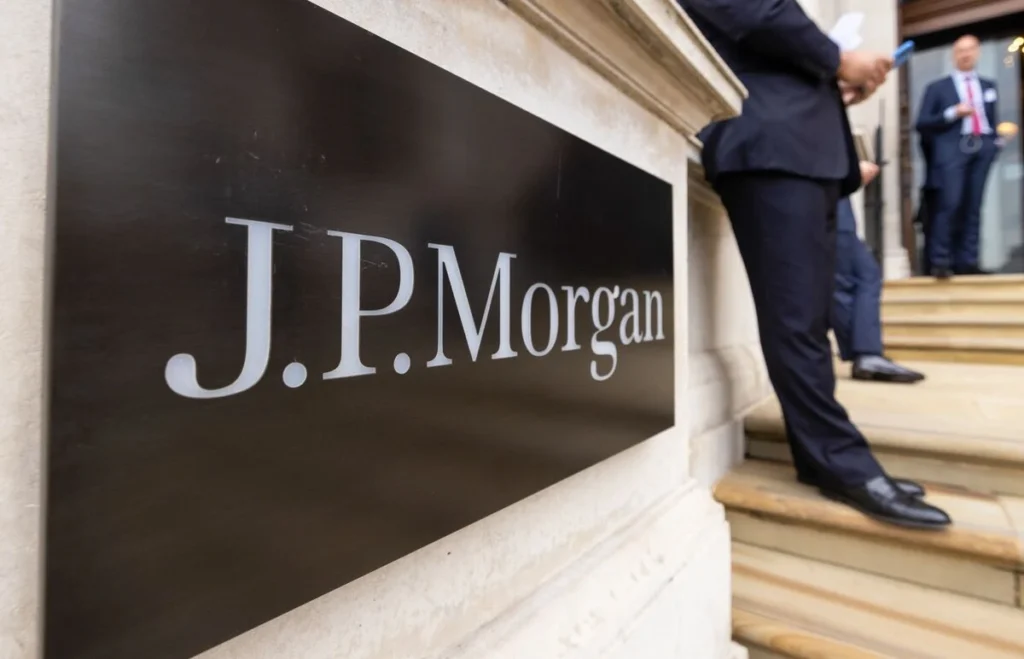


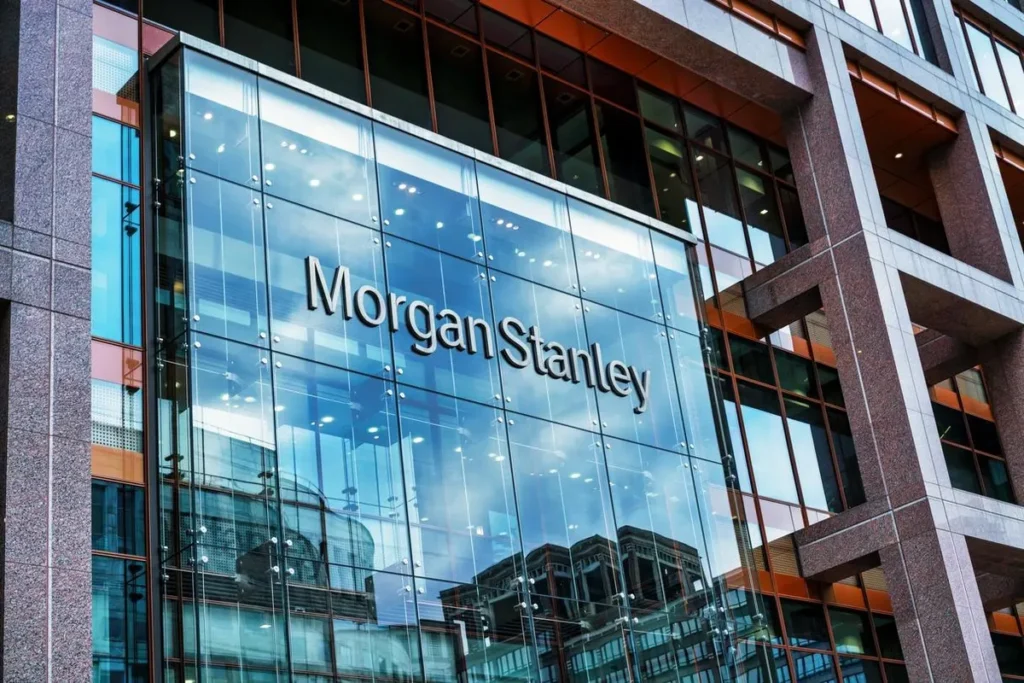





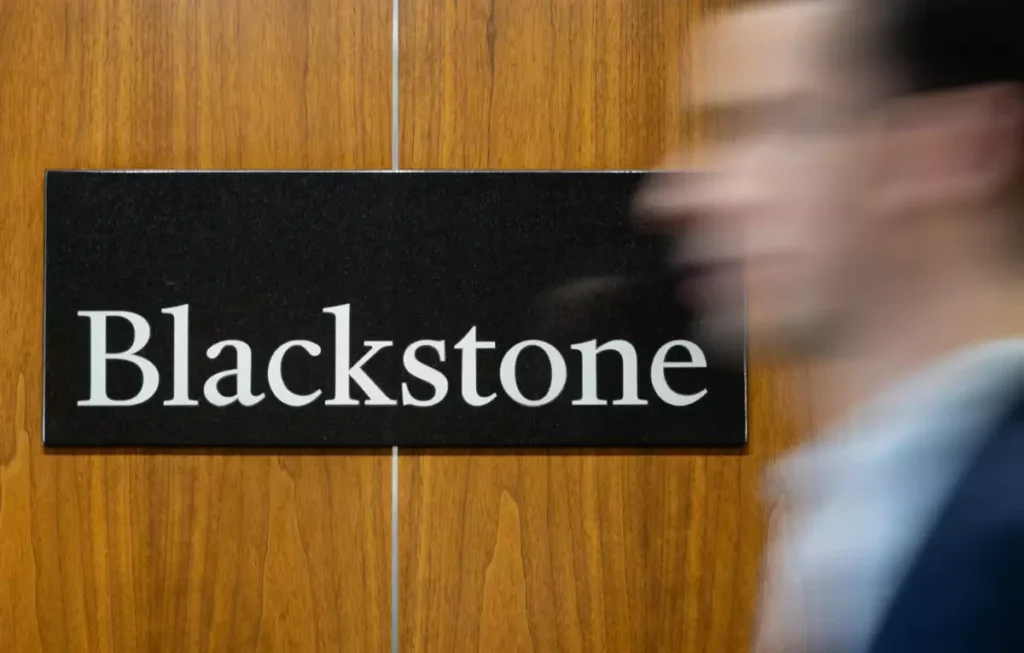

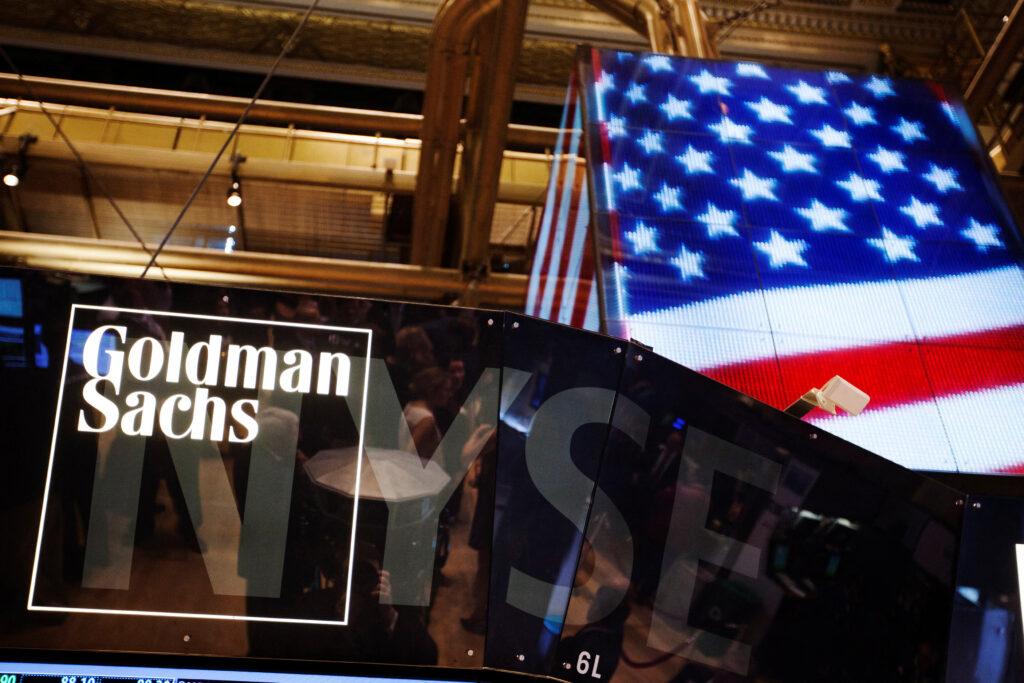







Continue with Facebook Continue with Google